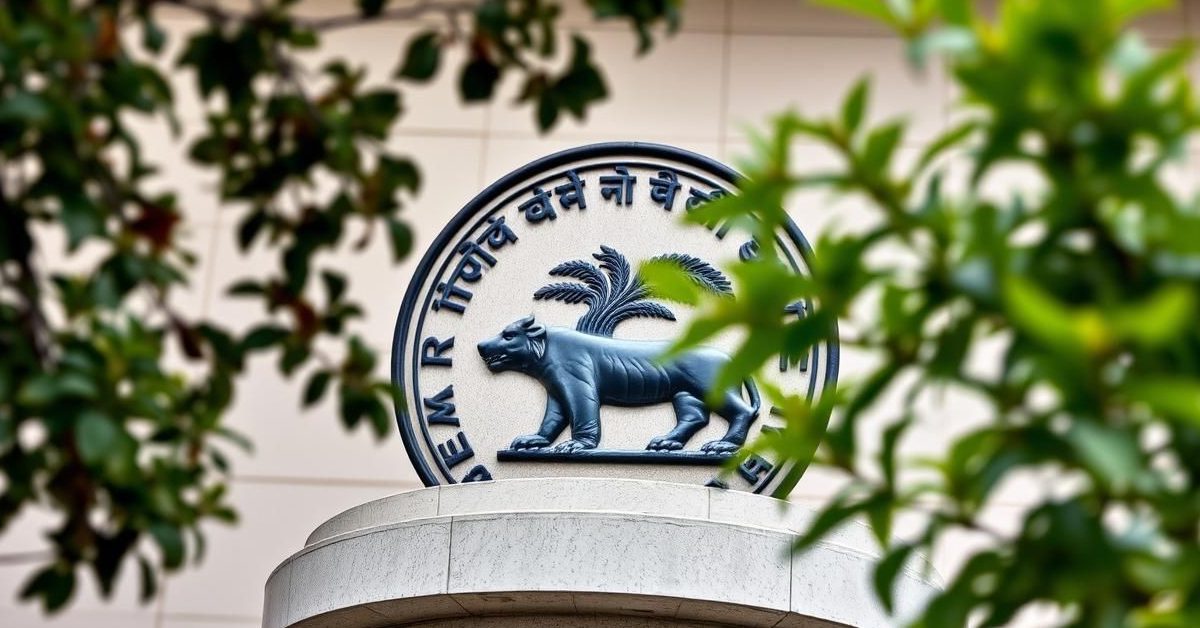India is set to offer an unprecedented level of regulatory certainty in its manufacturing sector, a strategic move aimed at attracting significant foreign direct investment (FDI) from the European Union as part of their ongoing trade negotiations.
A New Chapter for EU Investment
In a first for trade deal negotiations, India is crafting a “new chapter” dedicated to providing long-term regulatory stability specifically for manufacturing. This initiative seeks to reassure EU investors and encourage them to set up or expand their operations in the country.
The proposed framework will address key investor concerns. It will clarify which manufacturing sectors are open for 100 percent FDI. Furthermore, it will set clear conditions regarding aspects like local employment, value addition, the use of local raw materials, and whether local partners or joint ventures are required.
Shared Concerns Over China’s Dominance
This development comes as both India and the EU share concerns about China’s growing industrial overcapacity. This issue is seen as a threat to domestic manufacturing across critical sectors, including pharmaceuticals, electronics, defense, and renewable energy components.
The EU, in particular, has voiced worries about China’s leading position in critical technologies and raw materials, such as solar PV wafers, EV batteries, and wind turbine blades. This reliance exposes the EU to potential risks and highlights the need for diversifying supply chains and manufacturing bases.
Building on Previous Strategies
India has been actively pursuing a strategy to attract investments from Western countries, often in exchange for lowering tariffs in key sectors. For instance, recent trade deals have seen India allowing 100 percent FDI in telecom for the UK and setting a 74 percent FDI ceiling for UK insurers.
A similar approach was adopted in the trade pact with the European Free Trade Association (EFTA) nations (Iceland, Liechtenstein, Norway, and Switzerland). Under that agreement, EFTA countries committed to investing $100 billion in India over 15 years. Officials suggest the investment chapter with the EU will be even more comprehensive and legally robust.
Progress in India-EU Negotiations
Recent reports indicate significant strides in the India-EU Free Trade Agreement (FTA) talks, particularly on the “services and investment” text. Negotiators have also made good progress on rules for state-to-state mediation and dispute settlement.
This progress is crucial as it addresses long-standing EU concerns regarding investment protection in India, especially after India unilaterally terminated its bilateral investment treaties (BITs) in 2016. India has since been negotiating new investment treaties under a revised framework, signaling its commitment to creating a more predictable investment climate.
- India is offering unprecedented regulatory certainty in manufacturing to attract EU FDI.
- This “new chapter” addresses concerns about FDI conditions and sector openness.
- Both India and the EU are concerned about China’s industrial overcapacity in critical sectors.
- Recent progress in EU-India trade talks includes breakthroughs on investment and dispute settlement.
This strategic push aims to not only boost India’s manufacturing capabilities but also align with global efforts to diversify supply chains and enhance resilience against geopolitical and economic shifts.














